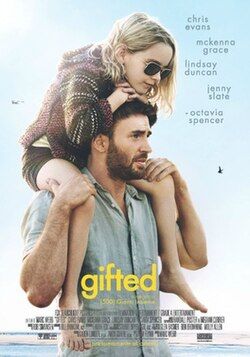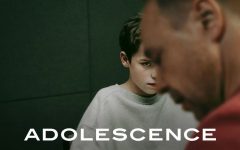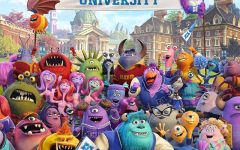The True Gift- A Life of Love, Freedom, and Dignity
August 14, 2025 2025-08-14 21:32The True Gift- A Life of Love, Freedom, and Dignity
“Are human beings to be treated as ends in themselves, or merely as means to an end?” This timeless question by Immanuel Kant gently whispers through the heart of the film Gifted, a story not just about genius, but about grace.
In the film’s emotional climax, Frank Adler, uncle raising a math prodigy named Mary, makes a choice that isn’t loud or heroic, but deeply human. After a courtroom battle over Mary’s custody, Frank doesn’t fight to possess her. He doesn’t push her toward fame or genius. Instead, he lets her breathe. He gives her the freedom to live a childhood full of sunshine, friendships, and messiness, not just numbers and pressure.
And then, something remarkable happens. Frank shows Mary her late mother’s unfinished mathematical work, the very thing everyone fought over. But he doesn’t say, “Finish this.” He simply lets her see it. No expectations. No pressure. Just a quiet moment of choice. That’s what love looks like when it carries no weight of performance. It’s love that honours dignity.
Frank treated Mary as an end in herself, not a legacy, not a prodigy, not a symbol of someone else’s dreams. Just a child. A whole person. A little girl who deserves to choose whether to chase brilliance, or chase butterflies.
And in that final scene, when Mary runs for the school bus, late and laughing like any other child, our hearts know what winning means. It’s not raising a genius. It’s raising a soul with freedom, joy, and belonging.
Because in the end, the true measure of love isn’t how high you lift someone. It’s how gently you hold them while they grow.
Let children stumble, wonder, get messy, fall in love with life, not just succeed in it. Let them be more than gifted. Let them be free.
“Because the most gifted child is not the one who shines the brightest, but the one who is loved enough to simply be”.








